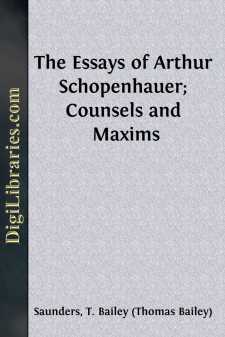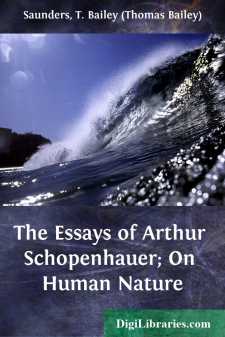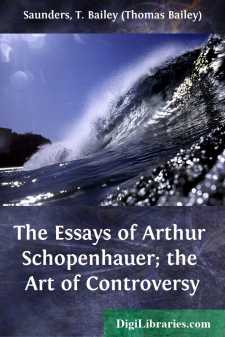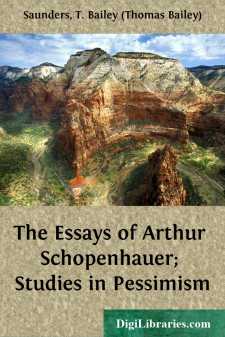Categories
- Antiques & Collectibles 13
- Architecture 36
- Art 48
- Bibles 22
- Biography & Autobiography 816
- Body, Mind & Spirit 145
- Business & Economics 28
- Children's Books 18
- Children's Fiction 14
- Computers 4
- Cooking 94
- Crafts & Hobbies 4
- Drama 346
- Education 58
- Family & Relationships 59
- Fiction 11831
- Foreign Language Study 3
- Games 19
- Gardening 17
- Health & Fitness 34
- History 1378
- House & Home 1
- Humor 147
- Juvenile Fiction 1873
- Juvenile Nonfiction 202
- Language Arts & Disciplines 89
- Law 16
- Literary Collections 686
- Literary Criticism 179
- Mathematics 13
- Medical 41
- Music 40
- Nature 179
- Non-Classifiable 1768
- Performing Arts 7
- Periodicals 1453
- Philosophy 66
- Photography 2
- Poetry 897
- Political Science 203
- Psychology 45
- Reference 154
- Religion 516
- Science 126
- Self-Help 86
- Social Science 82
- Sports & Recreation 34
- Study Aids 3
- Technology & Engineering 59
- Transportation 23
- Travel 463
- True Crime 29
T. Bailey (Thomas Bailey) Saunders
Thomas Bailey Saunders (1860–1928) was an English writer, essayist, and translator known for his work in philosophy and literature. He is particularly recognized for translating the works of German philosopher Arthur Schopenhauer into English, including "The Wisdom of Life" and "Counsels and Maxims". Saunders also wrote on various subjects, including ethics and social commentary, contributing essays to prominent periodicals of his time. His translations helped to introduce Schopenhauer's ideas to an English-speaking audience, playing a significant role in popularizing German philosophy in Britain.
Author's Books:
Sort by:
CHAPTER I. GENERAL RULES.—SECTION 1. The first and foremost rule for the wise conduct of life seems to me to be contained in a view to which Aristotle parenthetically refers in the Nichomachean Ethics:[1] [Greek: o phronimoz to alupon dioke e ou to aedu] or, as it may be rendered, not pleasure, but freedom from pain, is what the wise man will aim at. [Footnote 1: vii. (12) 12.] The truth of this...
more...
HUMAN NATURE. Truths of the physical order may possess much external significance, but internal significance they have none. The latter is the privilege of intellectual and moral truths, which are concerned with the objectivation of the will in its highest stages, whereas physical truths are concerned with it in its lowest. For example, if we could establish the truth of what up till now is only a...
more...
THE ART OF CONTROVERSY. PRELIMINARY: LOGIC AND DIALECTIC. By the ancients, Logic and Dialectic were used as synonymous terms; although [Greek: logizesthai], "to think over, to consider, to calculate," and [Greek: dialegesthai], "to converse," are two very different things. The name Dialectic was, as we are informed by Diogenes Laertius, first used by Plato; and in the Phaedrus, Sophist,...
more...
ON THE SUFFERINGS OF THE WORLD. Unless suffering is the direct and immediate object of life, our existence must entirely fail of its aim. It is absurd to look upon the enormous amount of pain that abounds everywhere in the world, and originates in needs and necessities inseparable from life itself, as serving no purpose at all and the result of mere chance. Each separate misfortune, as it comes, seems,...
more...





